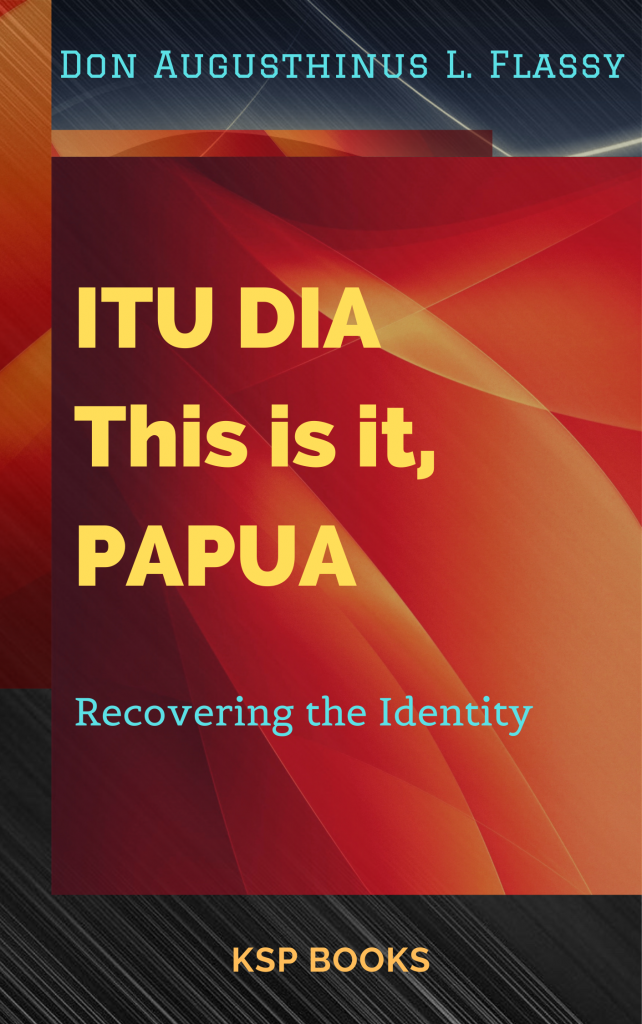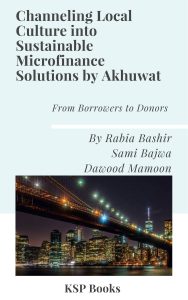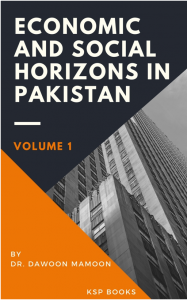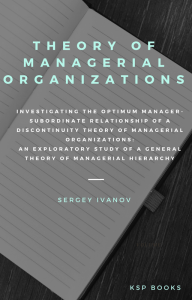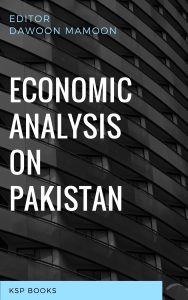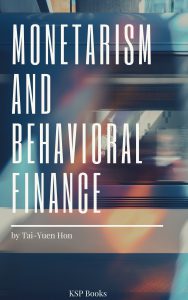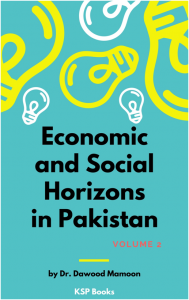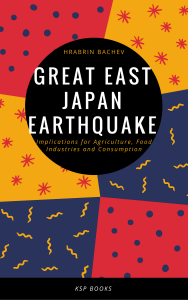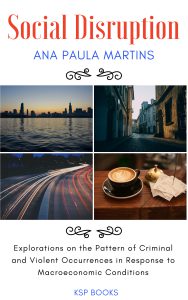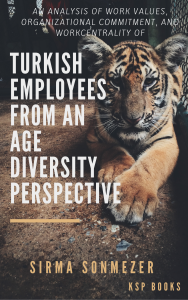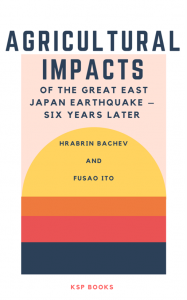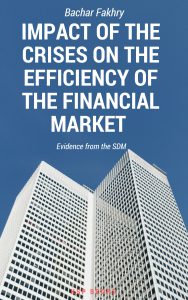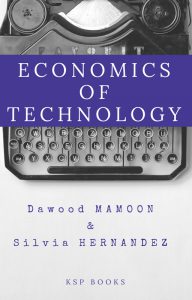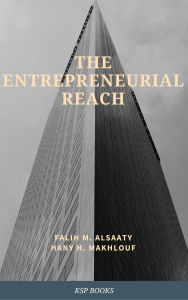Recovering the Identity
Synopsis
With the presence of this book entitled “ITU DIA – This is it, PAPUA” Restoring the Self, then, I, as the author should raise praise and gratitude to the God of Mercy and Graceful, who has bestowed wisdom and reason so that it can be realized and can reach the hands of dear readers.
For that, please allow for this joy the author would like to share by expressing gratitude to various parties who have contributed to the author, so that this book can be realized.
This book was taken from the Dissertation of the author at the Post-Graduate Doctoral Program at Cenderawasih University (Uncen) of which the author maintained on September 27, 2017 with the title: Peta Jalan Balik Bangsa Papua di Negeri Papua Bahagian Barat: “Sebuah Keputusan Damai Pemulihan Jati Diri” (The Roadmap to the Revival of the Papuan Nation in West Papua: “A Peaceful Decision on the Restoration of the Self”). If according to UNCEN’s Dissertation Guidelines are 5 Chapters, then this Book is presented in 4 Parts and 6 Chapters according to the original idea.
Because the passing of this scientific study fulfils various criteria, it is fitting that on this occasion, the author would like to thank Prof. Dr. Dra. Onnie M. Lumintang, M.Hum. as promoter, Dr. Drs. Enos H. Rumansara, M.Si. and Dr. Bernarda Meteray, as co-promoters, and before also Prof. Dr. Drs. Dirck Veplun, M.Si, as the initial supervisor. Also the Examiners in this matter since the initial work in the form of a Proposal to become the final work. The dissertation for that needs to be called from the Uncen: Dr. Nomensen St. Mambraku, Dr. Drs. Agus E. Dumatubun, M.Si, Drs Johsz R. Mansoben, MA, PhD., Dr. Hendrik H.J. Krisifu, MA., Dr. Drs. Beatus Tambaip, M.Si., where also Prof. Dr. Richard Chauvel from University of Melbourne-Australia and Dr. Rupert Stasch from University of Cambridge-UK. They have been willing to spend time, energy and mind in reading and testing and writing for the feasibility of this dissertation so that now and then, it is worth continuing to develop, among others, starting from this book.
Besides that, the author also thanked Prof. Dr. Sri Heddy Ahimsa Putra from the Faculty of Culture, Gadjah Mada University Yogyakarta who has been willing to give time and energy to read the draft dissertation proposal, and then give time to the author to discuss the writing of the dissertation. Also for distance guidance which is dealing by Reni Suwarso, Ph.D from CEPP Faculty of Social and Political Sciences University of Indonesia. In the meantime, thank also addressed to Dr. Marlina Flassy, S. Sos M, Hum who gave the initial example that directed the author to the stages of writing.
The infinite award the author addressed to Uncen’s Post-Graduate Director, Prof. Dr. Drs. Akbar Silo, M.Si, who has given encouragement and direction to the author in taking studies to the preparation of the dissertation and the realization of this book. Moreover, let the author express his gratitude to the Chancellor of Uncen in this matter Dr. Ir. Apollo Safanpo, M.T., who in his early term was personally present to guide this author’s Promotion Exams.
In the meantime, the author should feel indebted to Drs. Ana Nadhya Abrar, M.E.S., Ph.D. from the Faculty of Social and Political Sciences, Gadjah Mada University, who is willing to give the author time to meet privately in Yogyakarta and discuss the topic of research conducted by the author. Even Dr. Abrar and Wife Mrs. Ariska Setyawati, ST, MA have been willing to read the proposal and draft dissertation and this book is willing to provide corrections and written comments and even willing to become editor including working on lay-out of dissertation and also of this book.
Then also for Mrs. Ros Aronggear and her fellows at the Uncen’s post-graduate administrative staffs who always patiently served the author in the study process from 2014 to the time the author completed his dissertation and continued to this book. In the same mood, of course, thank for the cooperation and support of fellow classmates and those who are attached to and with doctoral programs at Uncen.
The author realizes that this success can not be separated from the prayer support delivered by the crutches at any time. That with the power that comes from God alone, my dissertation and thus this book can be completed. Of course the author also expresses his gratitude to the family, and friends who always give encouragement and motivate the authors in completing existing scientific works.
Finally the author realizes that the results of this scientific work may not perfect, so that all the criticisms and suggestions from various parties, the authors will accept with full understanding that “There is no ivory that is not cracked”. However, what is presented in this book is understandable for all communities in the Land of Papua and also in Indonesia, especially for those who serve humanity.
Contents
About Author
ISBN
978-605-7736-62-8
Date of Publication
December 15, 2019
File Size: 4668 KB
Length: xxiii + 350 pages
This work is licensed under a Creative Commons Attribution 4.0 International License.
